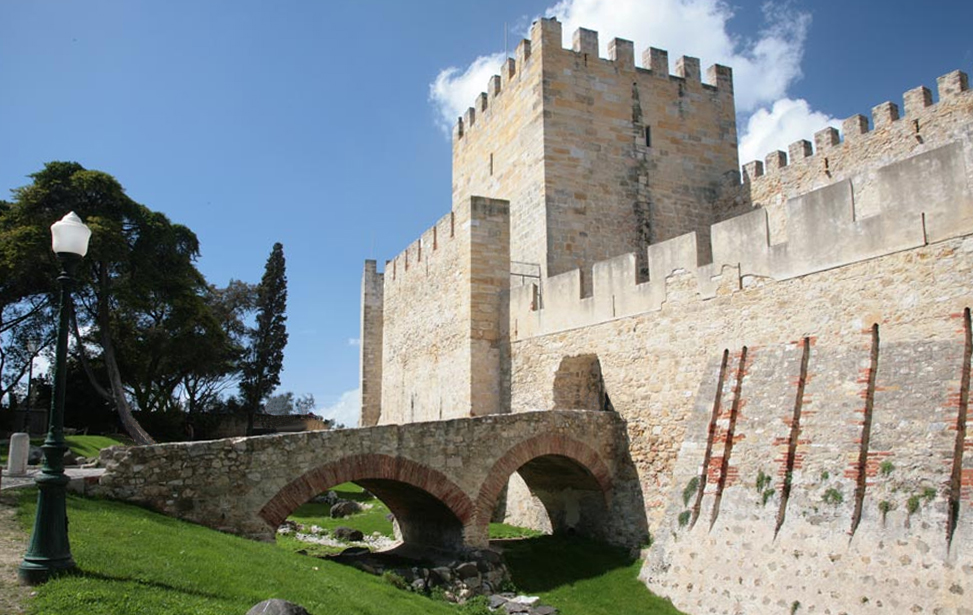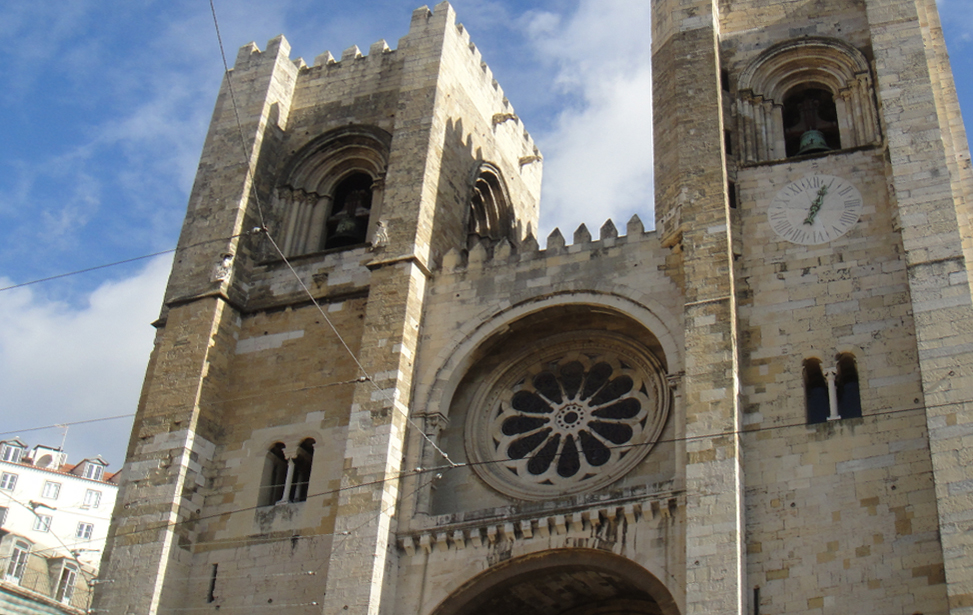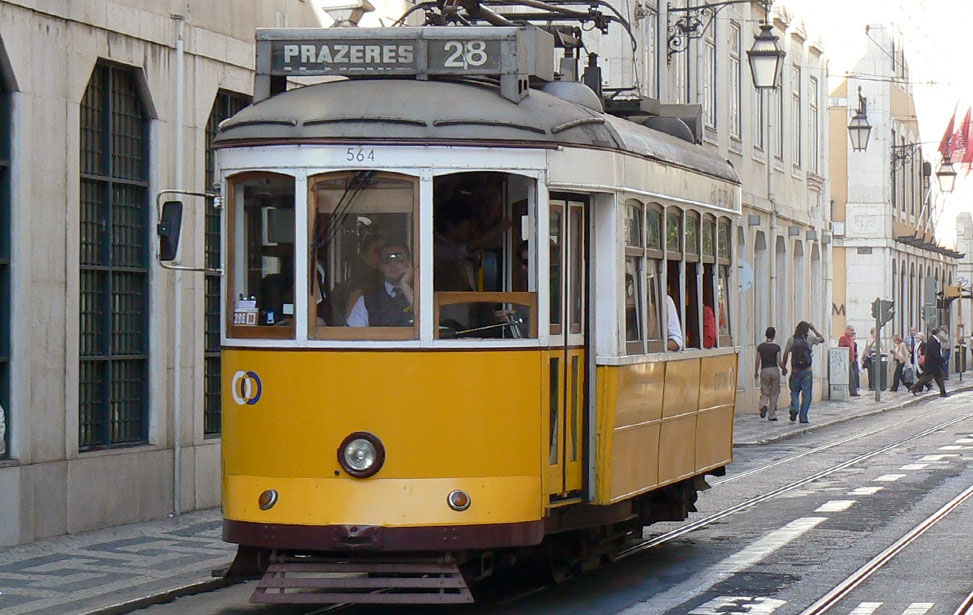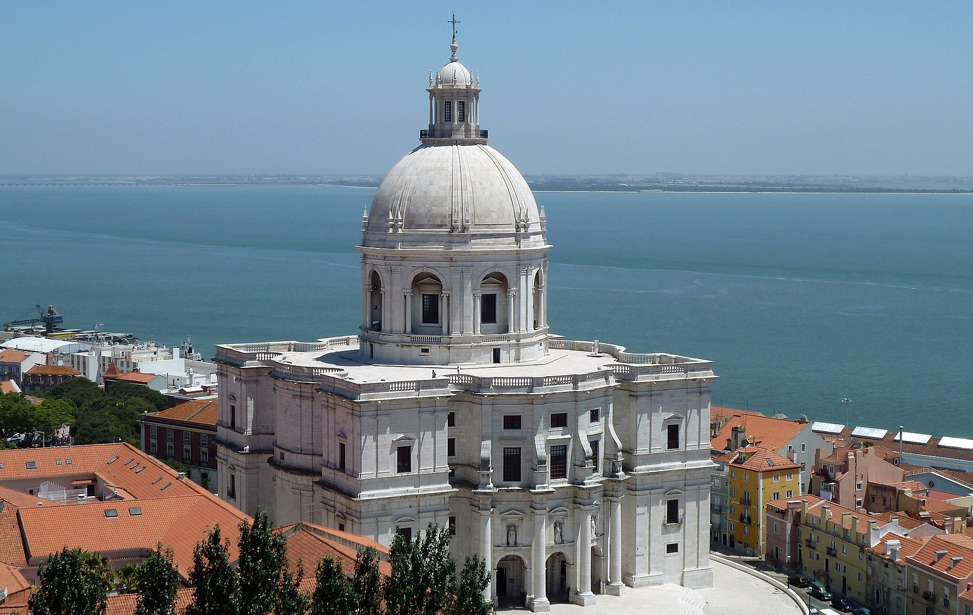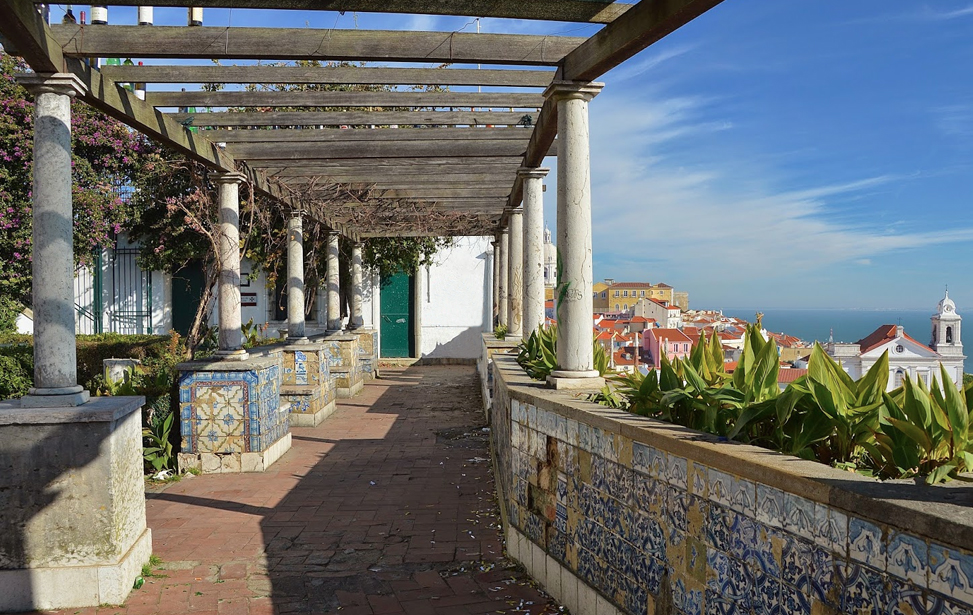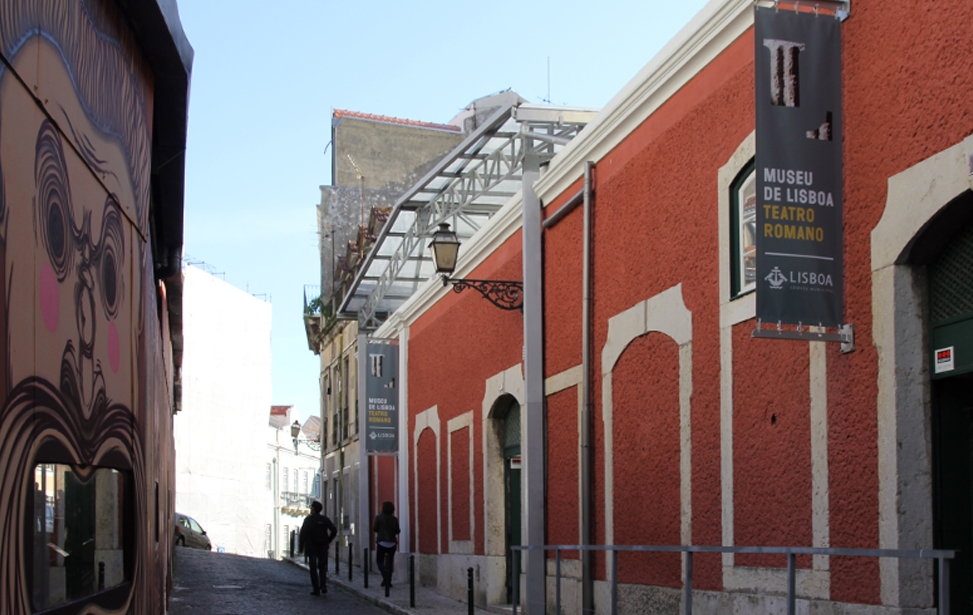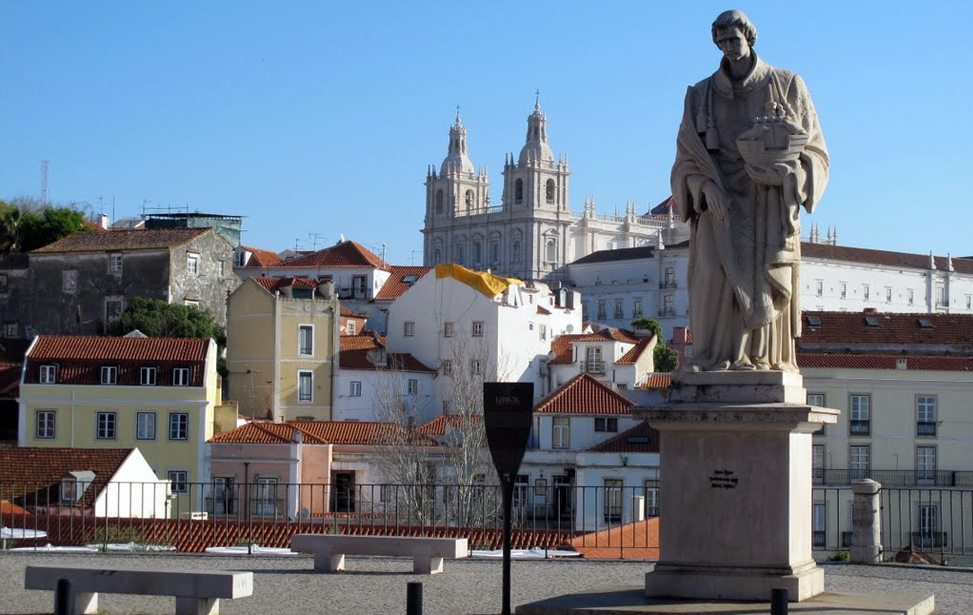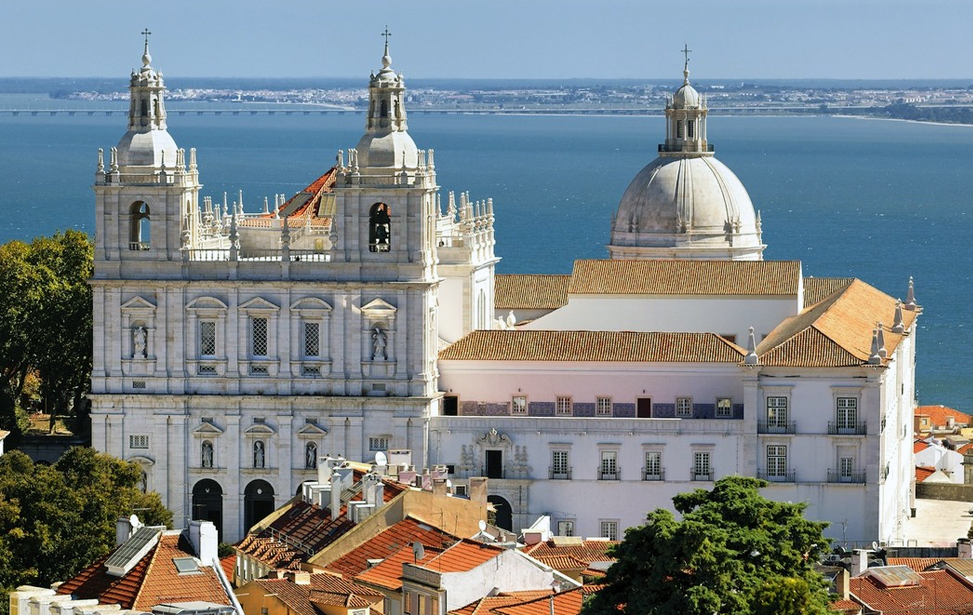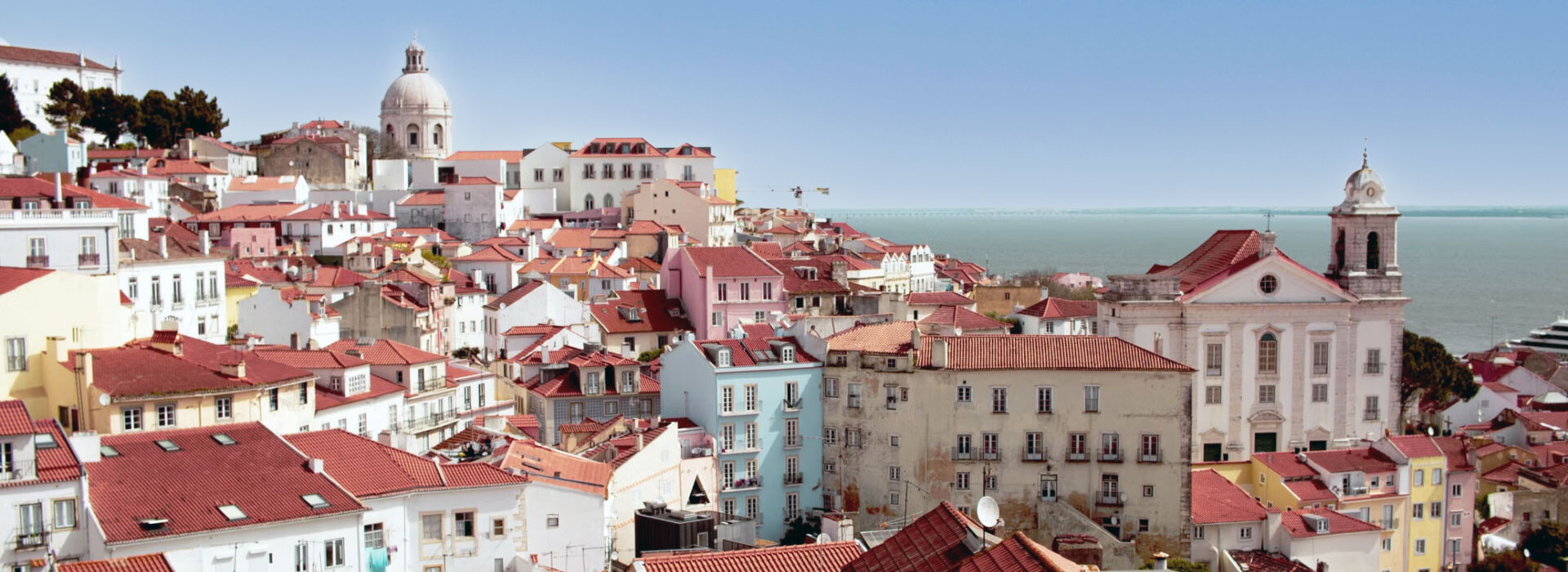
Alfama
Situated between the Castle and the river, Lisbon's oldest district boasts a rich history that endured the catastrophic 1755 earthquake with remarkable resilience, owing to its sturdy bedrock foundation. The labyrinthine streets, alleyways, and steep steps of Alfama retain the ancient layout bestowed by the Arabs, who gave it the name "Al-hamma," signifying fountains or baths. Marques de Pombal's post-quake reconstruction gave rise to the geometric grid system of the Baixa district, contrasting with Alfama's charmingly chaotic ambience.
Today, Alfama's allure lies in its old-world charm, beckoning visitors to wander its narrow, cobblestone streets adorned with hanging laundry and vibrant flower pots. Lose yourself amidst the melodious tunes of canaries, the aroma of grilled delicacies, and the melancholic strains of Fado music drifting from quaint bars. Discover hidden squares and miradouros offering panoramic vistas of the cityscape. While exploring, exercise caution with valuables, but relish in the immersive journey through time and culture that Alfama affords, offering a captivating glimpse into Lisbon's legendary past.
Top Attractions of Alfama
Castle of São Jorge
Lisbon's castle stands sentinel over the city and offers amazing views.
Lisbon Cathedral (Sé)
This 12th Century cathedral was built on an even older construction.
Tram 28
An old tram traversing steep and narrow streets.
National Pantheon of Santa Engracia
The resting place for Portugal's major historic celebrities.
Miradouro de Santa Luzia
Lisbon's most romantic viewpoint.
Museu do Teatro Romano
The remains of an 2000 year old ampitheate and it's dedicated museum.
Miradouro das Portas do Sol
Take in the magnificient views from this vantage point.
São Vicente de Fora Monastery
A impressive historical building.
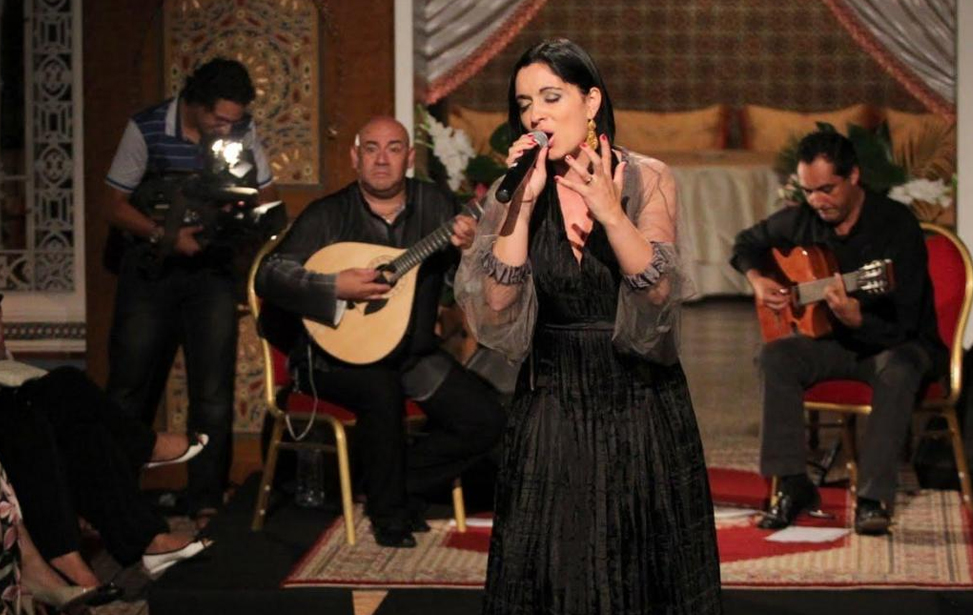
FADO IN THE ALFAMA
Fado, translating to "destiny" or "fate," embodies the quintessential Portuguese concept of "saudade," an untranslatable yearning or longing. Rooted in the nation's melancholic soul, Fado's origins remain shrouded in mystery. Some trace its roots to the sorrowful melodies of Congolese slaves in Brazil, while others attribute its plaintive essence to the lamentations of Portuguese sailors yearning for home during lengthy voyages at sea. Nevertheless, Fado flourished in the early 19th century, particularly in Lisbon's port districts like Alfama, steeped in maritime history and still resonating with the echoes of fishermen's tales.
Typically sung by a soloist known as a "fadista," Fado is accompanied by the evocative tones of the Portuguese guitar and classical guitar, lending an enchanting depth to its emotive storytelling. For an authentic Fado experience, explore the atmospheric clubs burrowed within Alfama's narrow streets. Discover the soul-stirring melodies and poignant narratives that have captivated audiences for centuries. [ More About ► ]
Fado Museum
Additionally, delve deeper into Fado's captivating history at the Fado Museum, an essential destination for aficionados seeking to unravel the intricacies of this revered musical tradition. Immerse yourself in interactive exhibits, audiovisual presentations, and a rich collection of traditional instruments, offering a comprehensive exploration of Fado's evolution and cultural significance. Complete your visit with a stop at the museum's theme shop and coffee shop, rounding out an enriching experience celebrating Portugal's musical heritage. | 728, 735, 759, 794. [ More About ► ]
1 Largo do Charfariz de Dentro, Alfama 1100-139, Lisbon
38° 42′ 40.1″ N | 09° 07′ 39.4″ W | +351 219 823 470
info@museudofado.pt | Website |
Facebook
Igreja de Santo Estêvão (St. Stephen Church)
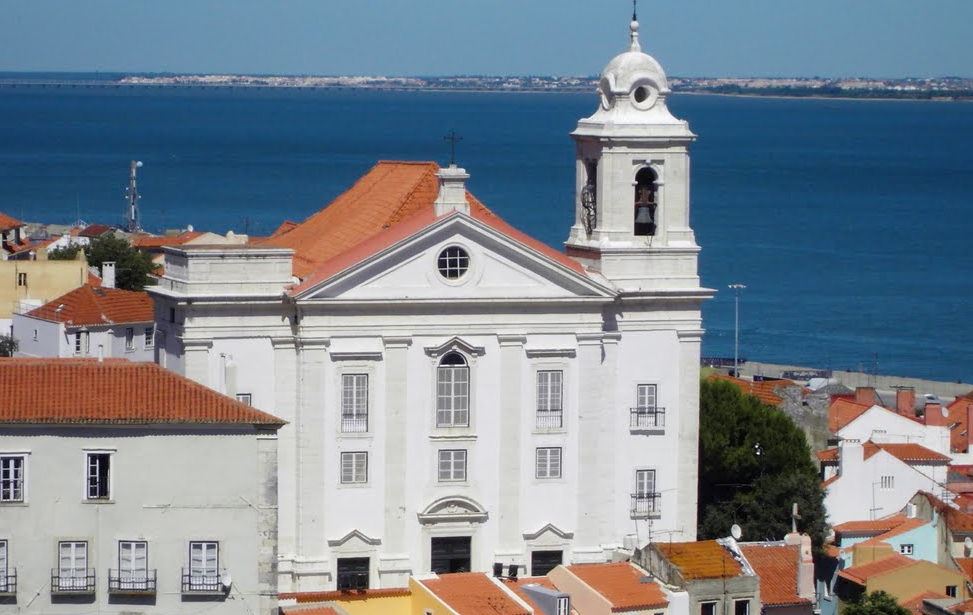
Igreja de Santo Estêvão (St. Stephen Church)
A visit to the Igreja de Santo Estêvão is not only a journey through time but also an opportunity for quiet reflection amidst the bustling streets of Lisbon. Step inside to experience the serene atmosphere and soak in the tranquillity that pervades its sacred space. From its elevated position atop a hill, the church also offers stunning panoramic views of the surrounding Alfama neighbourhood and the sparkling waters of the Tagus River below. The Igreja de Santo Estêvão was classified as National Monument in 1918.
Largo de Santo Estêvão, 1100-505,Lisboa, Portugal.
38º 42' 43.7" N | 09º 07' 40.4" W | +351 218 866 559
WHERE TO EAT IN THE ALFAMA
Restaurante Santo António De AlfamaWith an outside seating area under a vine arbour and inside the walls are covered with photos of celebrities. Ideally situated within the centre of the Alfama this popular restaurant has a friendly staff and serves traditional Portuguese and Mediterranean food.
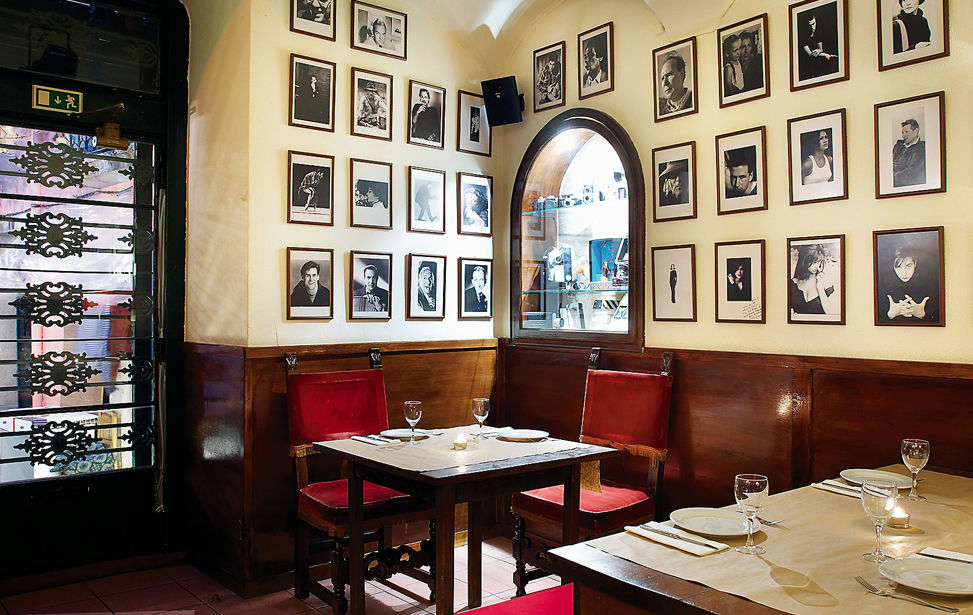
|
Pois CaféA pleasant bright little eatery in the Alfama with friendly staff and a homely atmosphere with a book exchange scheme. A cosy lunchtime haunt, with a selection of cakes influenced from the Austrian owner's homeland.
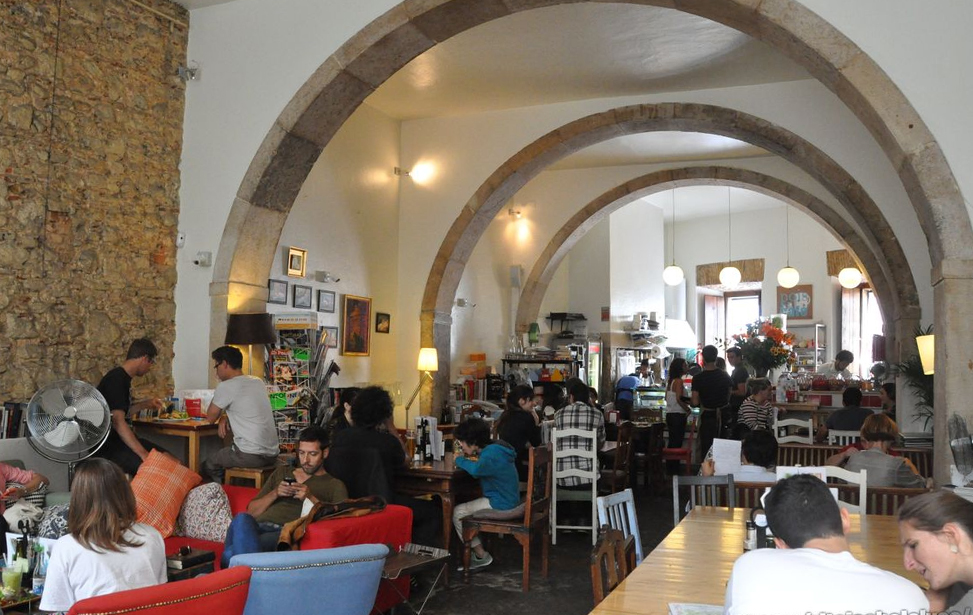
|
Restaurante LautascoA reasonably priced atmospheric restaurant offers a selection of national specialities. Situated in a romantic courtyard canopied by leafy vines and lanterns. On certain nights there is a Fado show.
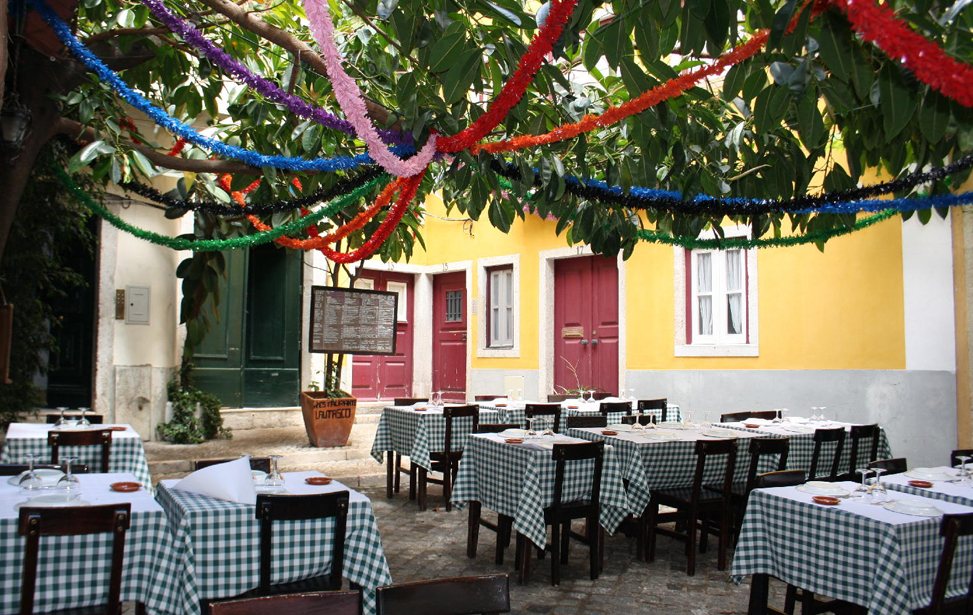
|
TOP FADO EXPERIENCES
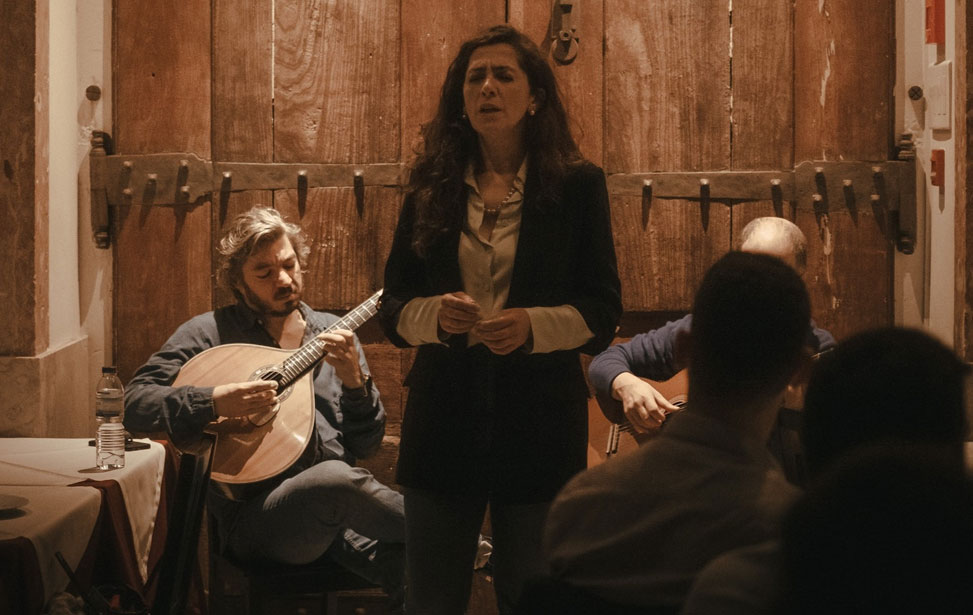
Mesa de Frades: Traditional Fado Show & Dinner
Mesa de Frades is much more than a restaurant with music: the place has become a true temple of Fado and an absolute must-see during your Lisbon trip. In this former chapel where the walls are covered with 18th-century tiles, renowned Fado singers, as well as singers from the new generation of Fadistas perform every night.
Enjoy an informal atmosphere and a dinner menu full of tasty traditional Portuguese dishes. The menu at Mesa de Frades includes a traditional couvert, a round of starters, a variety of main courses for all tastes and dietary restrictions, dessert, coffee and, of course, a selection of Portuguese wine.
At Mesa de Frades, you will find what is possibly one of the best fado shows in Lisbon and some of the best memories you'll take back home from your trip to the Portuguese capital.
(25) | 2.5 Hr | ✔ Free Cancellation
Check Availability
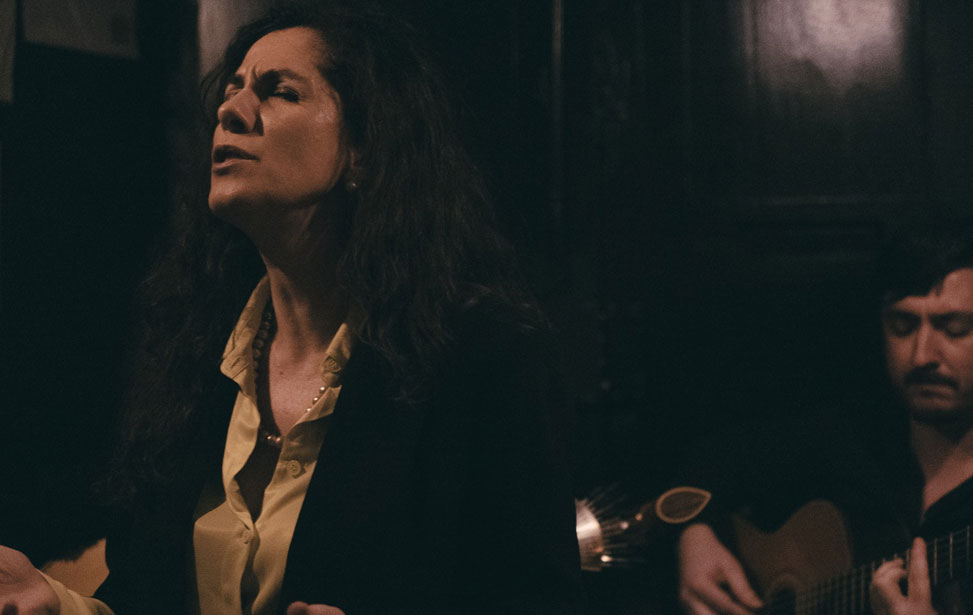
Canto do Poeta: Traditional Fado & Dinner
If you're looking for an authentic Fado show in Lisbon, then this traditional tasca may be just what you imagined. Paying homage to the poets of Fado, Canto do Poeta seamlessly combines Portuguese cuisine with Fado music and its artists.
Located in the Alfama neighbourhood, one of the oldest in town, Canto do Poeta guarantees an intimate experience and the possibility to witness an authentic Fado performance where the artists interact with the public in an engaging atmosphere. This experience at Canto do Poeta includes a full set menu including traditional couvert, starters, main course, dessert, coffee and drinks.
(27) | 4 Hr | ✔ Free Cancellation
Check Availability
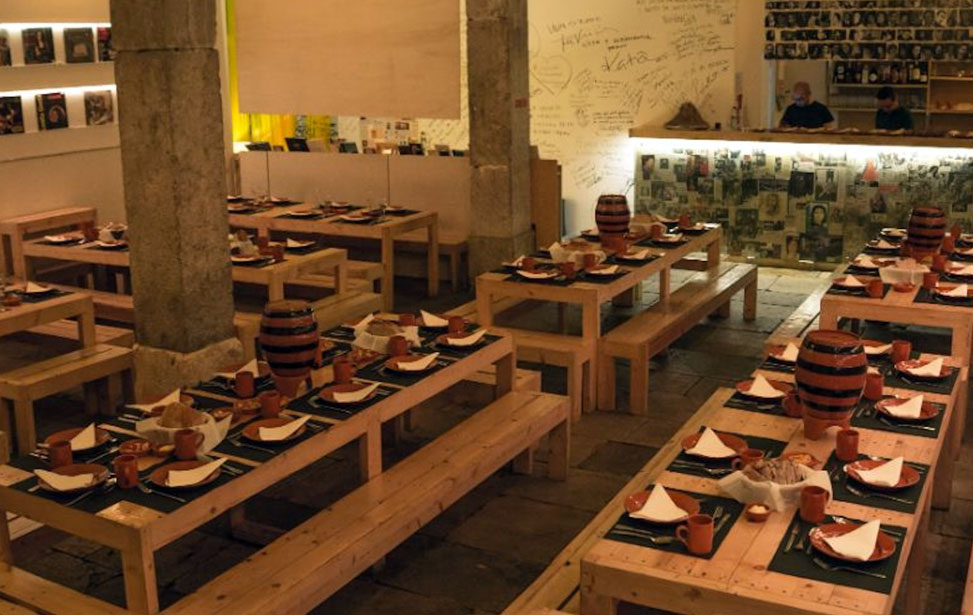
Associação Fado do Casto: Fado Show & Dinner
Housed in an 18th-century palace and built on the ancient Roman Theater on the hillside of the Castle, the Associação do Fado Casto reveals its tall vaulted stone arches. At the tables and on the wooden benches, you can taste delicious Portuguese snacks, surrounded by the most important records of Fado History.
Here the nights are always surprising, with the house sometimes inviting other musical genres to visit the Fado Casto Association. This Fado in Lisbon experience includes a set dinner menu before enjoying the live performances of Fado artists. The menu includes traditional couvert, starters, a selection of main courses, dessert, coffee and drinks (wine, beer, water or soft drinks).
(22) | 4 Hr | ✔ Free Cancellation
Check Availability
WHERE TO STAY IN THE ALFAMA
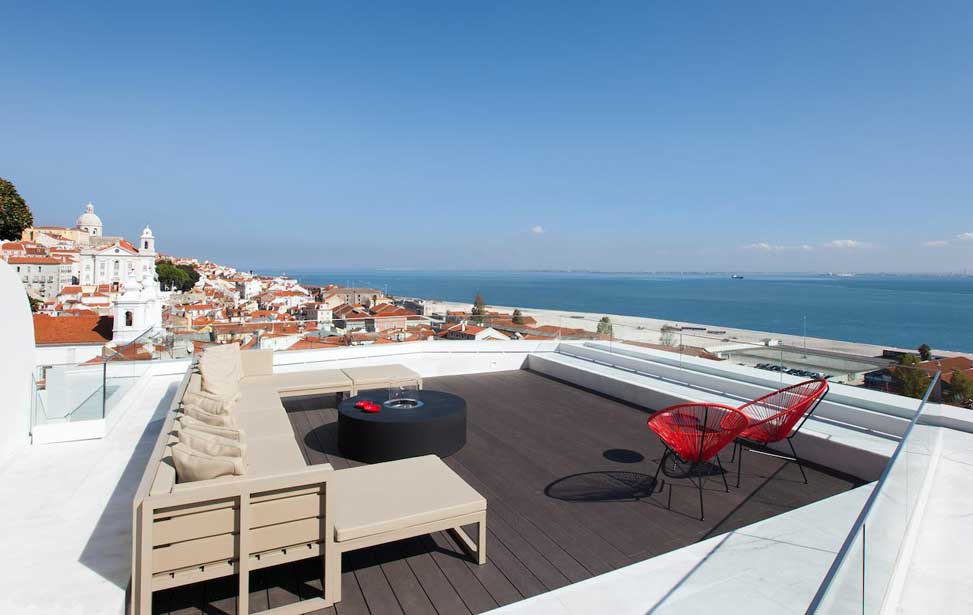
Memmo Alfama - Design Hotel ★ ★ ★ ★9.1/10 Superb (1,023 verified customer reviews) This hidden treasure in the heart of one of Lisbon's most picturesque districts has mastered the art of local integration, offering a truly authentic Lisbon experience with unmatched views of Alfama and Tejo River. |
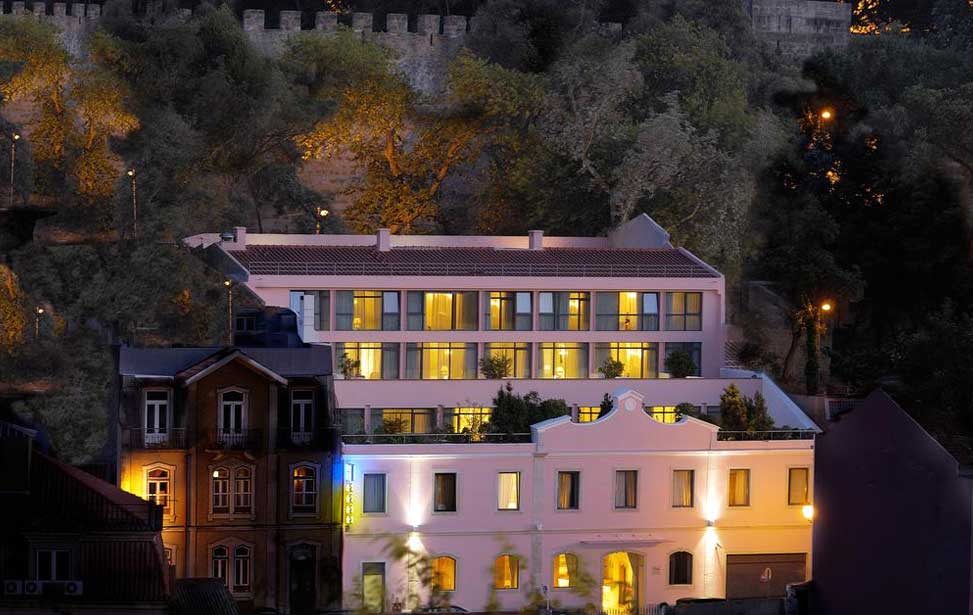
Olissippo Castelo ★ ★ ★ ★8.4/10 Very Good (755 verified customer reviews) In the heart of Lisbon and ideally located inside the walls of St. George Castle, the Olissippo Castelo Hotel affords one of the most impressive panoramic views of Lisbon. The hotel is located in the famous Bairro do Castelo, between the well known Mouraria and Alfama quarters; it is also the perfect starting place to discover the Patron Saints Festivities which take place every June. |
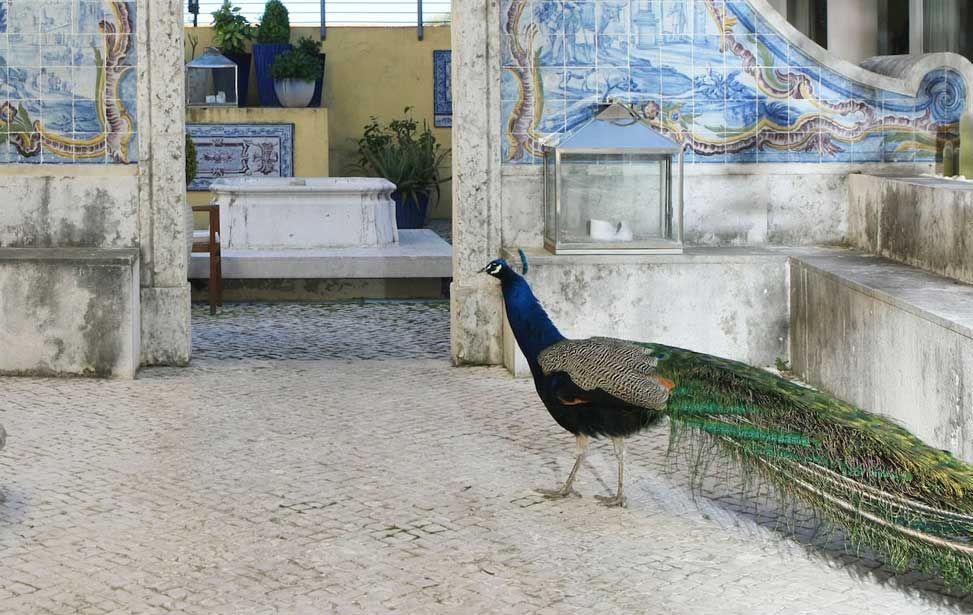
Solar do Castelo ★ ★ ★ ★9.2/10 Superb (797 verified customer reviews) The only hotel within St. George's Castle walls, at the top of Alfama, Solar Do Castelo is a small Mansion built on the site of the former Alcaçova Palace. With two floors and a mansard, an inner courtyard and a garden, most parts of the furniture was specially designed for the hotel in a Medieval Contemporary style. You will find welcoming rooms offering complete modern-day comfort, such as free WiFi access. |
Doca do Jardim do Tabaco
Getting to the Doca do Jardim do Tabaco
| Santa Apolonia on the Blue Line | |
|
Santa Apolonia Station on the mainline
Trains of Portugal Website |
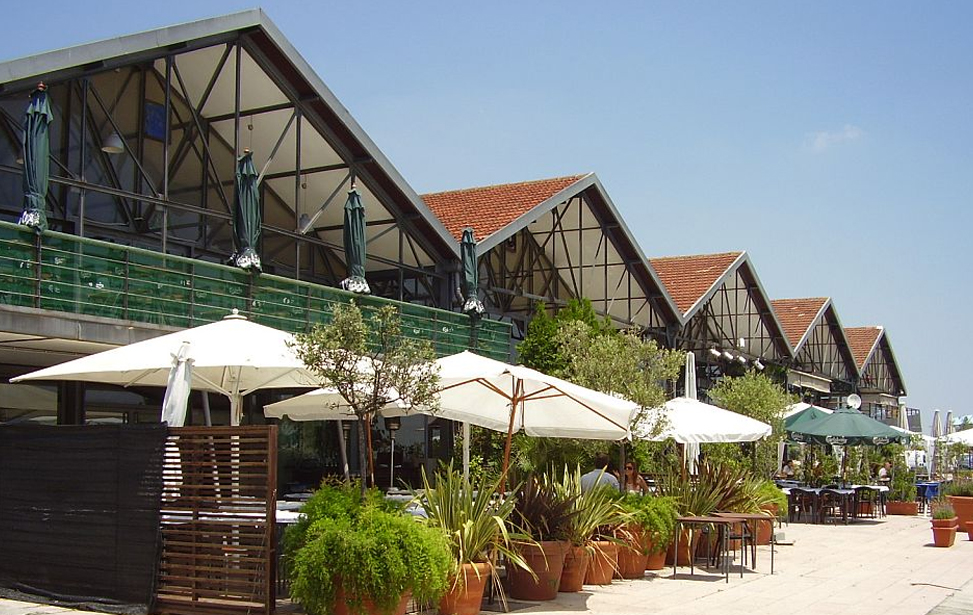
HOW TO GET TO THE ALFAMA
Only 9.7km (six miles) south of Lisbon Portela Airport
WebsiteGET A GREAT DEAL ON YOUR FLIGHT HERE:
|
|
| Take the A1 from the north, A12 from the east, the IP7 from the south and the A36 from the west.
Latitude - 38º 42' 40.3" | Longitude - 09º 07' 39.8" GET A GREAT DEAL ON YOUR CAR HIRE HERE:
|
|
| Urban trains services (comboios urbanos) the Alfama's train station Lisboa Santa Apolónia, • Linha de Azambuja Timetable Intercity train services (comboios intercidades) The closest intercity train staion is Oriente station which also serves intercity trains from both the North and South, including the Alfa Pendular Timetable Trains of Portugal Website |
|
| The Blue line (Linha Azul) goes to the Alfama (Santa Apolónia) from the city centre: Website | |
| Carris bus routes to The Alfama from various areas around the city: Website • 706: Cais Sodré train station to Santa Apolónia train station: Timetable |
|
| • 12E: A circular route starting from the Praça Figueira up past the cathedral and the miradouro Santa Luzia and back again:
Timetable |


 Lisbon Card Discounts
Lisbon Card Discounts


